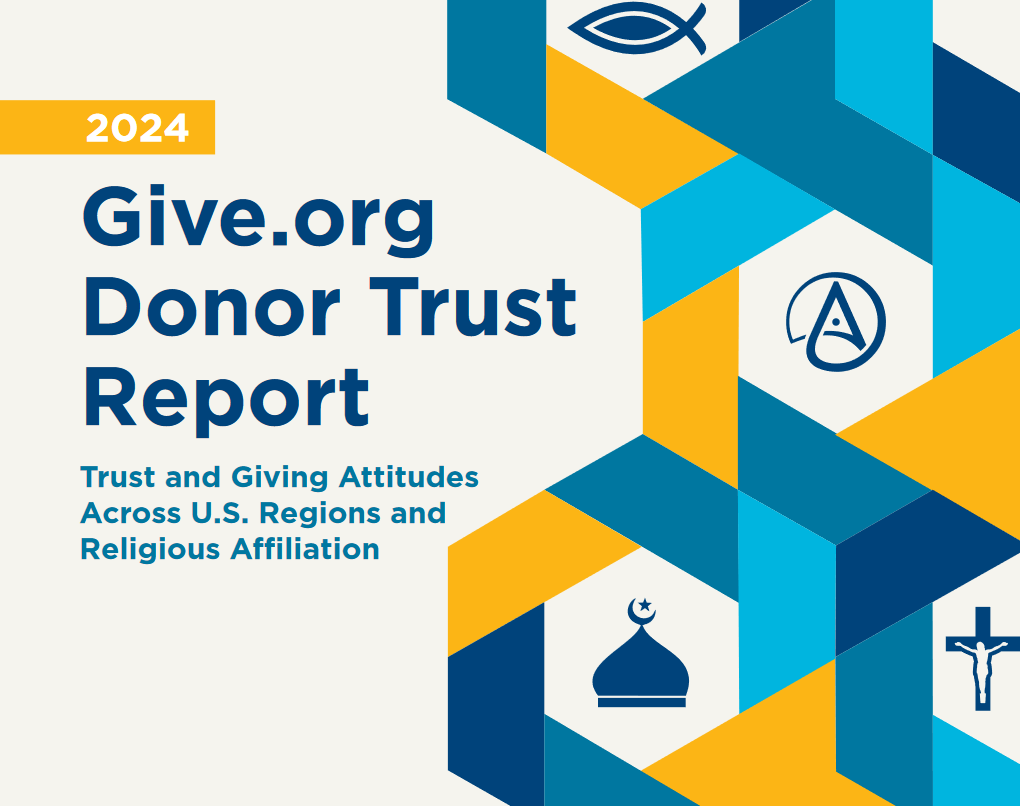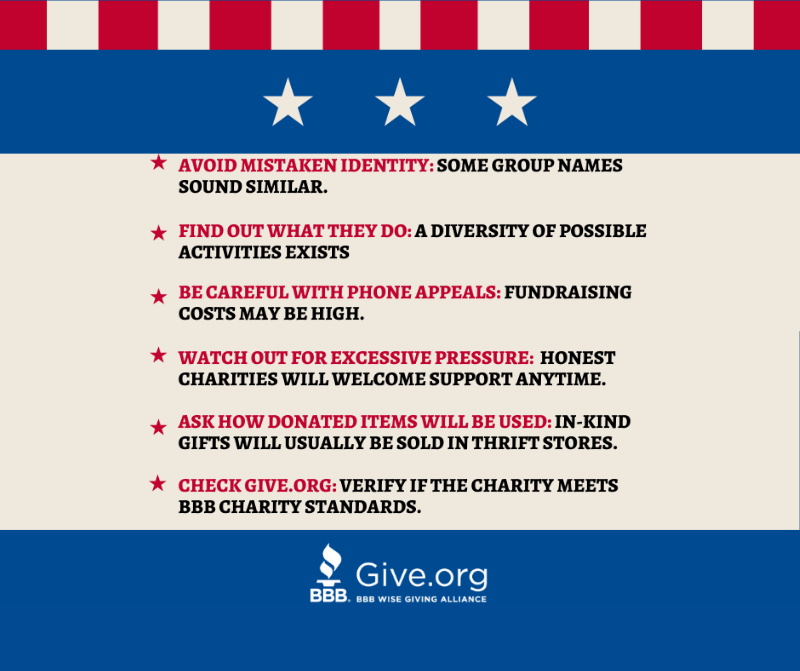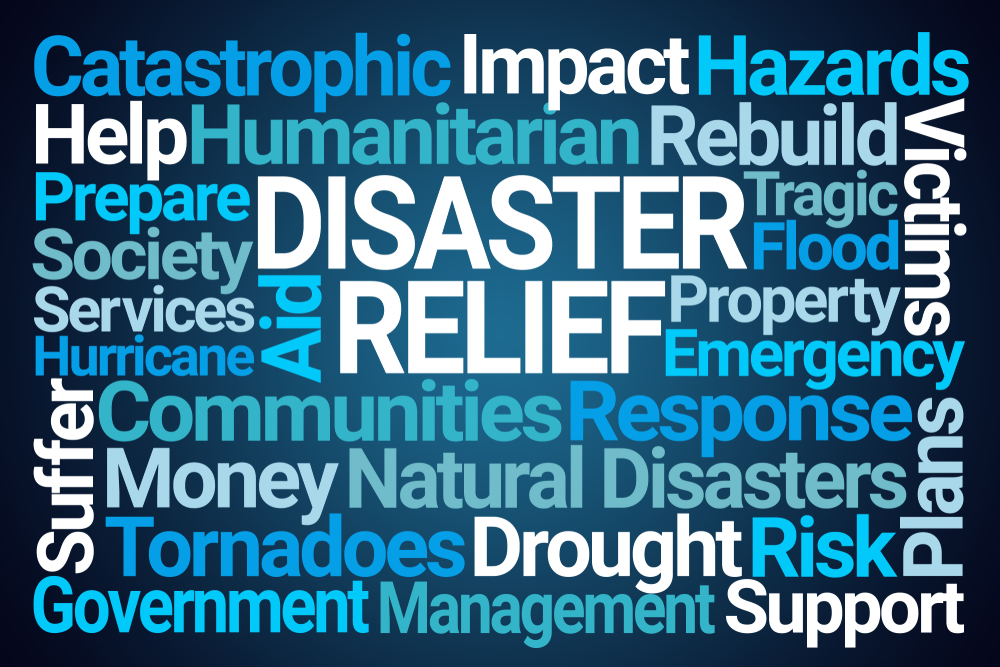Wise Giving Wednesday – Building Trust Part 12
Unless told otherwise, donors are going to expect their contributions to be used for current purposes. This common sense principle is especially evident in disaster relief appeals when emergency assistance needs are in the headlines. Even if a charity is not addressing natural catastrophes, however, fundraising appeals usually engage the recipient by telling an emotional story about the significance of the issue the charity is addressing, often demonstrating how a specific individual was impacted. The objective is to motivate the recipient to send a donation today, but it also helps lead to expectations of contributions going for current activities.
Of course, good financial practice requires charities to also save and not to spend every single dollar as soon as they receive it. Otherwise, they won’t be able to continue their good works during times of the year when the flow of donations are typically less. An unrestricted reserve fund that would be enough to pay for three months worth of expenses is considered a healthy financial goal for charities. This was evidenced in a report produced in 2008 by charity leaders including representatives from BBB WGA.
However, if a charity has an unusually large reserve fund that could pay for several years of the charity’s expenses, this is a material fact that donors want to know. Standard 10 in the BBB Charity Standards seeks to ensure that a charity uses its available resources to carry out its current program activities and not to build an unreasonably large reserve fund. To meet this standard a charity’s unrestricted net assets available for use should not be more than three times the size of either the past year’s expenses or the current year’s budget, whichever is higher.
BBB WGA recognizes that charities that build such unusually large reserves generally have a rationale for saving such an amount. In recognition of this and the fact that it may be inappropriate or impractical to spend more of these reserves in short period of time, a charity can still meet this standard if unrestricted reserves exceed the three year threshold as long as they include a recommended disclosure in their appeals and on their websites. See the explanation for Standard 10 for additional details about this disclosure.
On a separate note, as part of our Building Trust Video Series we are pleased to provide a video that features Mary Gilberti, J.D., Executive Director of NAMI, the National Alliance on Mental Illness (a BBB Accredited Charity). Mary provides a brief overview of the NAMI activities and explains what they do to help strengthen donor trust.
We are always working with charities to publish or update reports for donors. Visit Give.org or local BBBs to check out any charity before giving. Our recently evaluated charities include:
Finally, remember to let us know by going to https://give.org/ask-us-about-a-charity1/ if you are interested in seeing a report on a charity not on the list and we will do our best to produce one.
H. Art Taylor, President & CEO
BBB Wise Giving Alliance






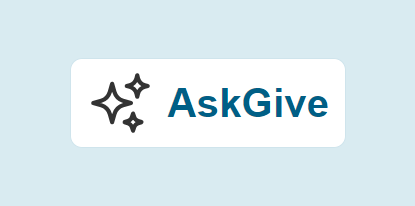



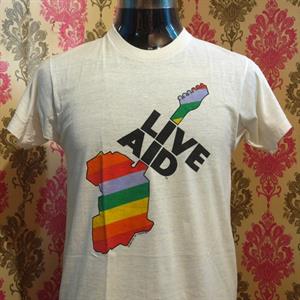


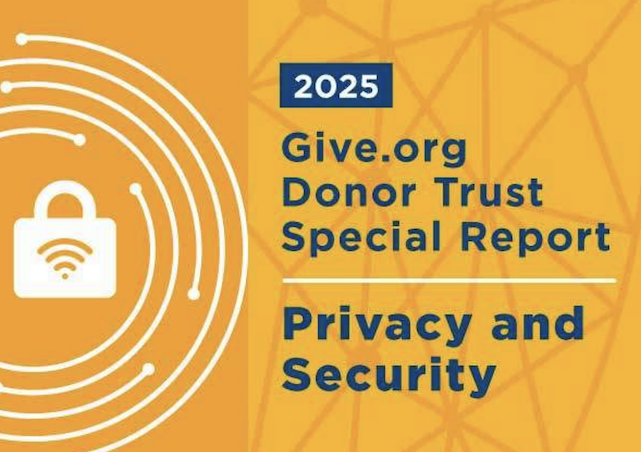

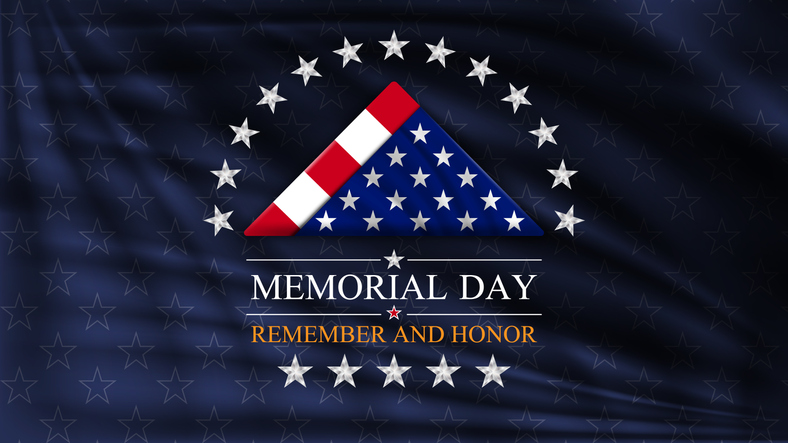
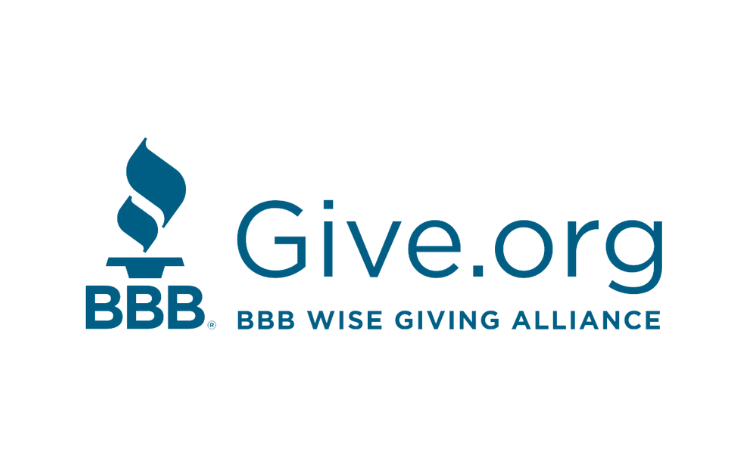

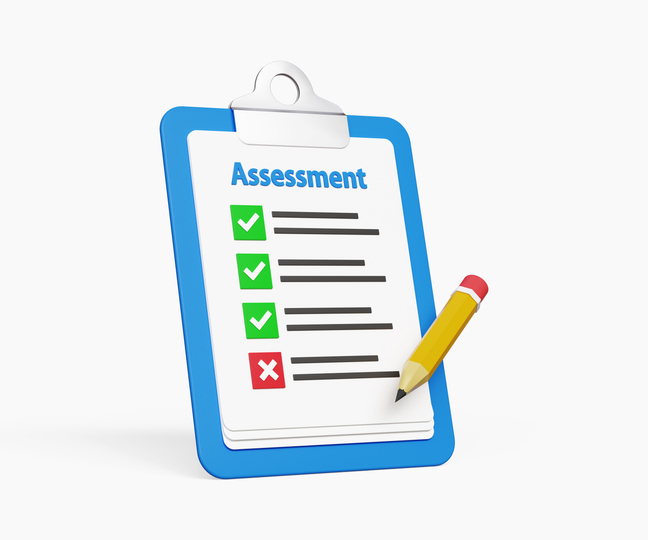



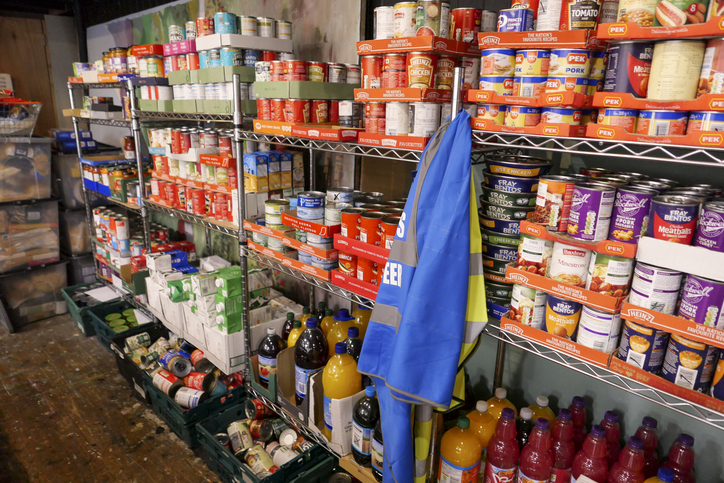







.jpg?sfvrsn=8073f1a5_0)


